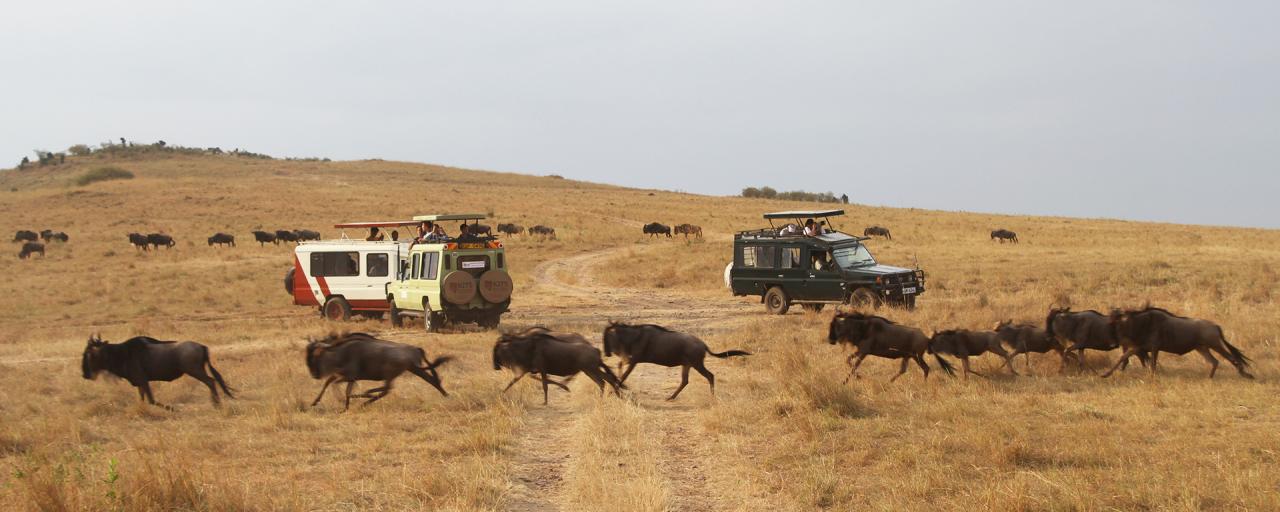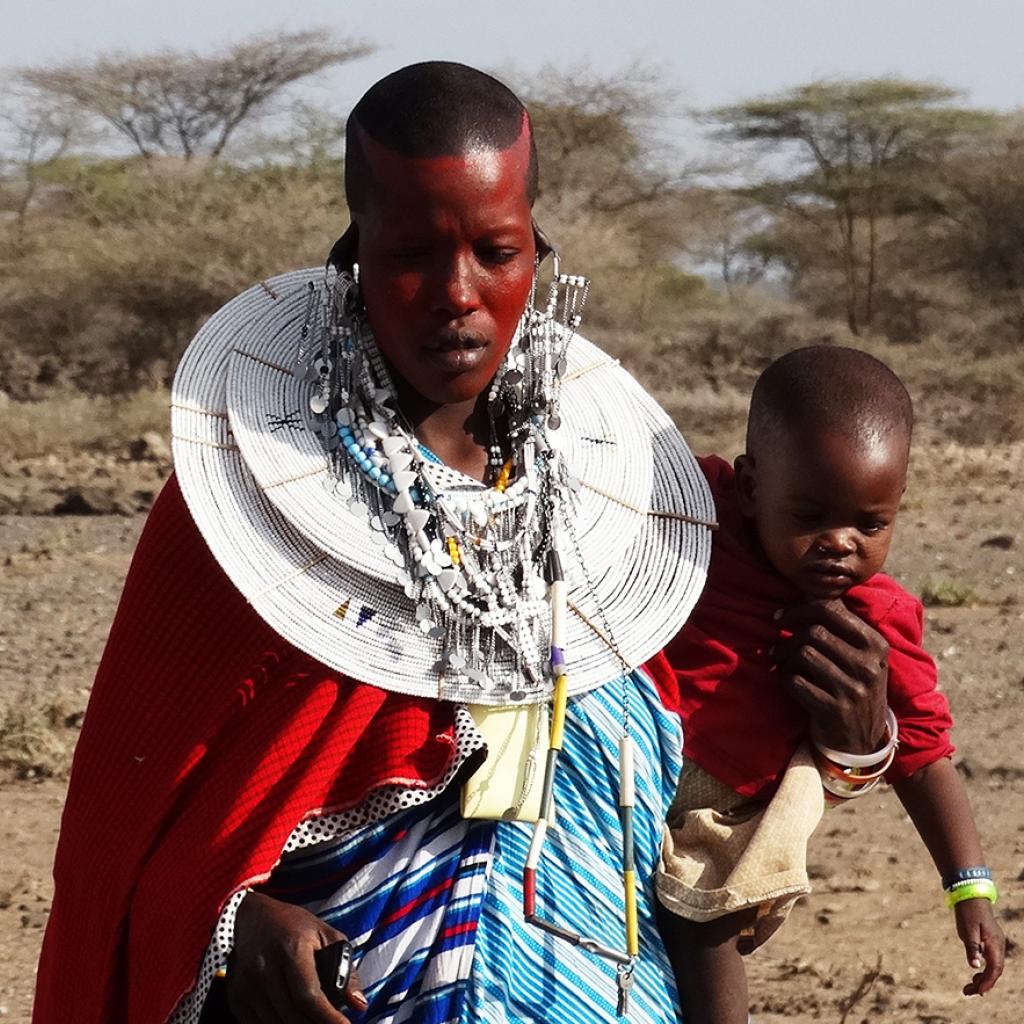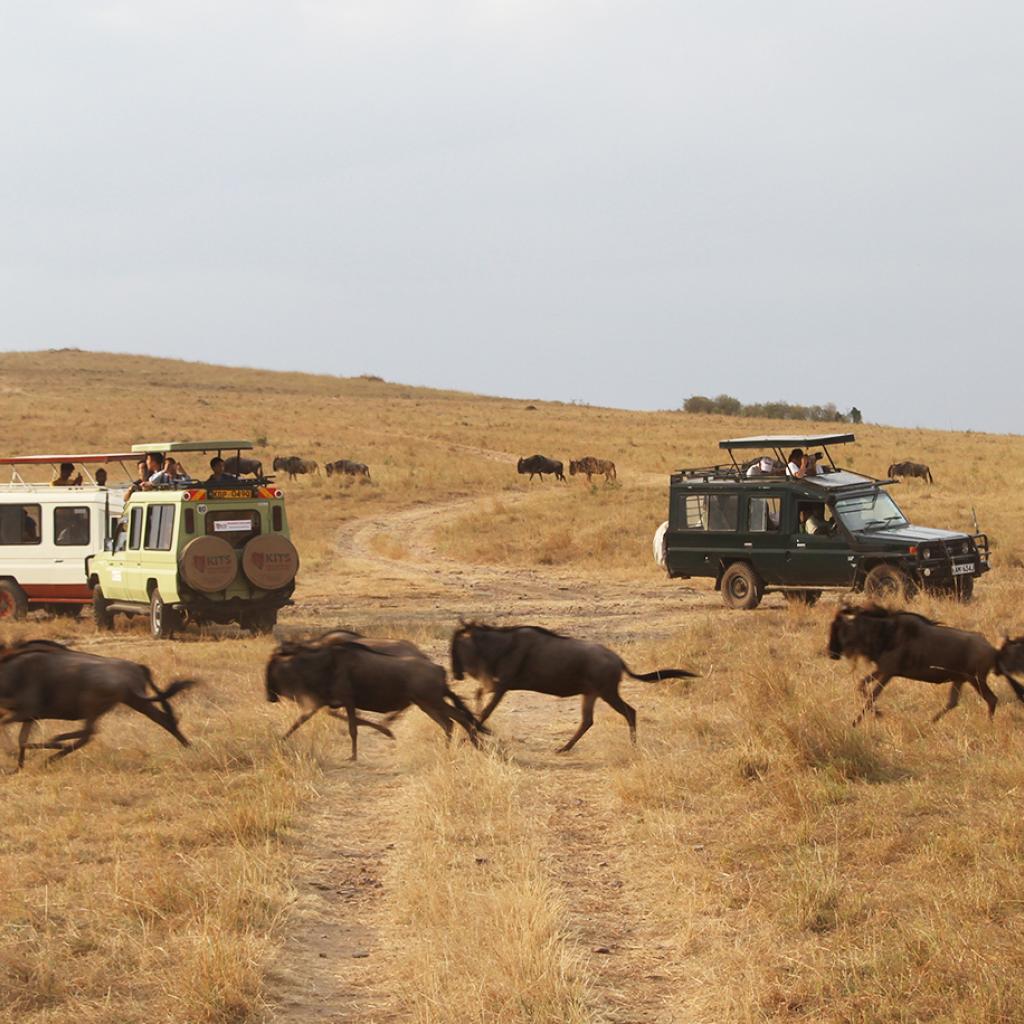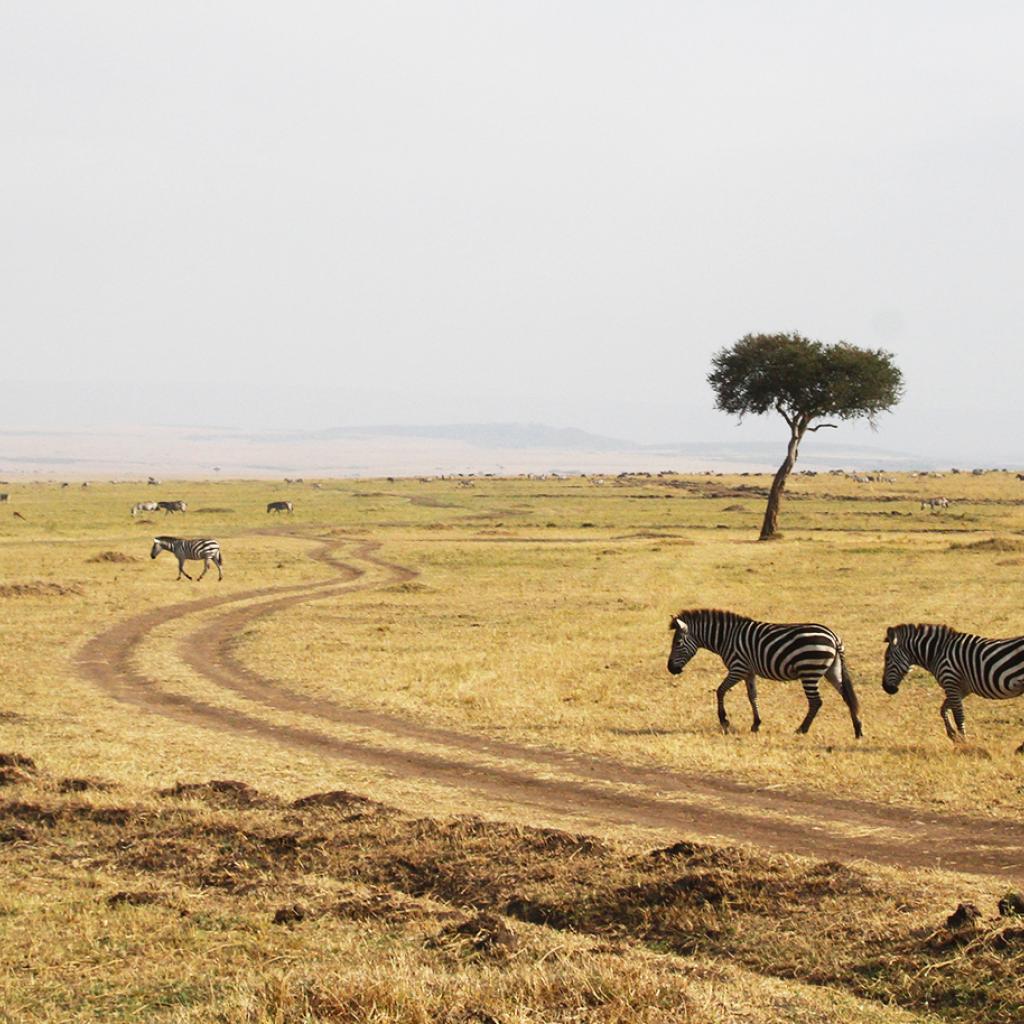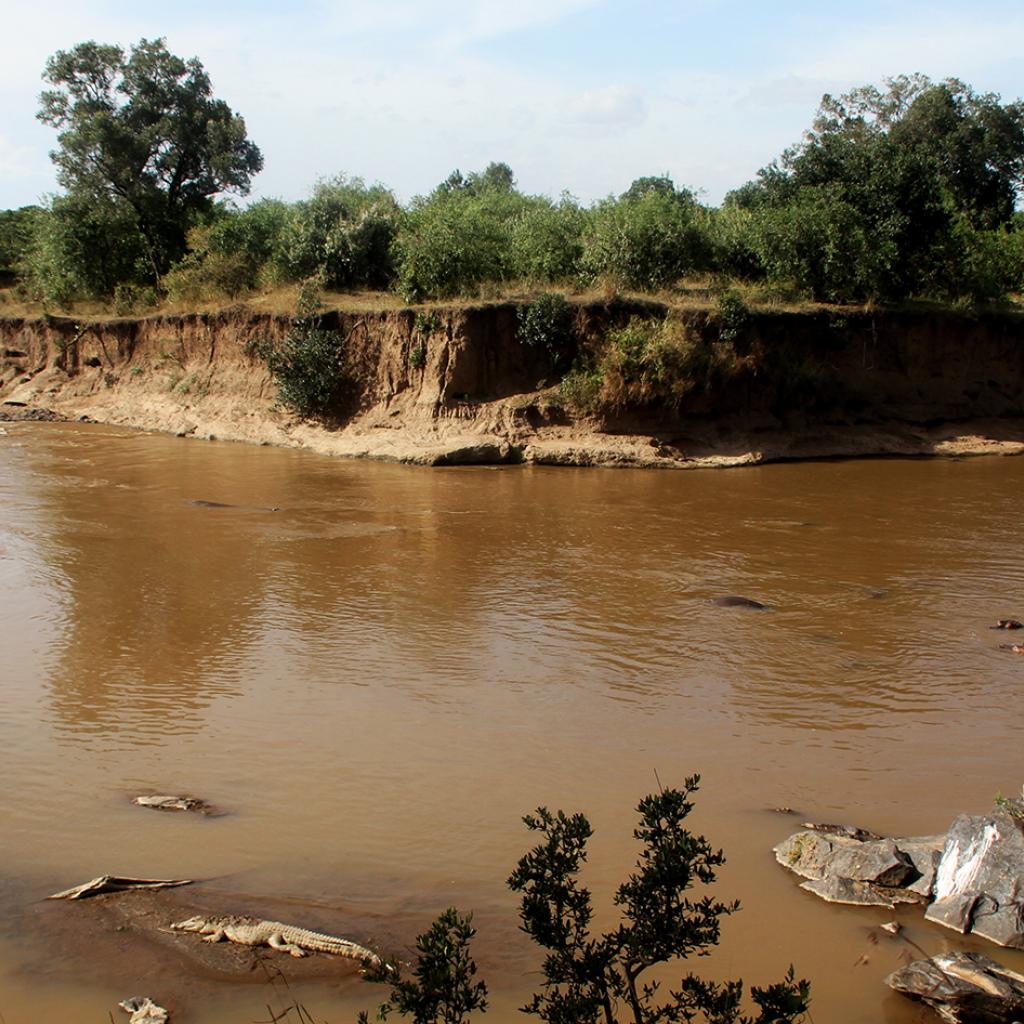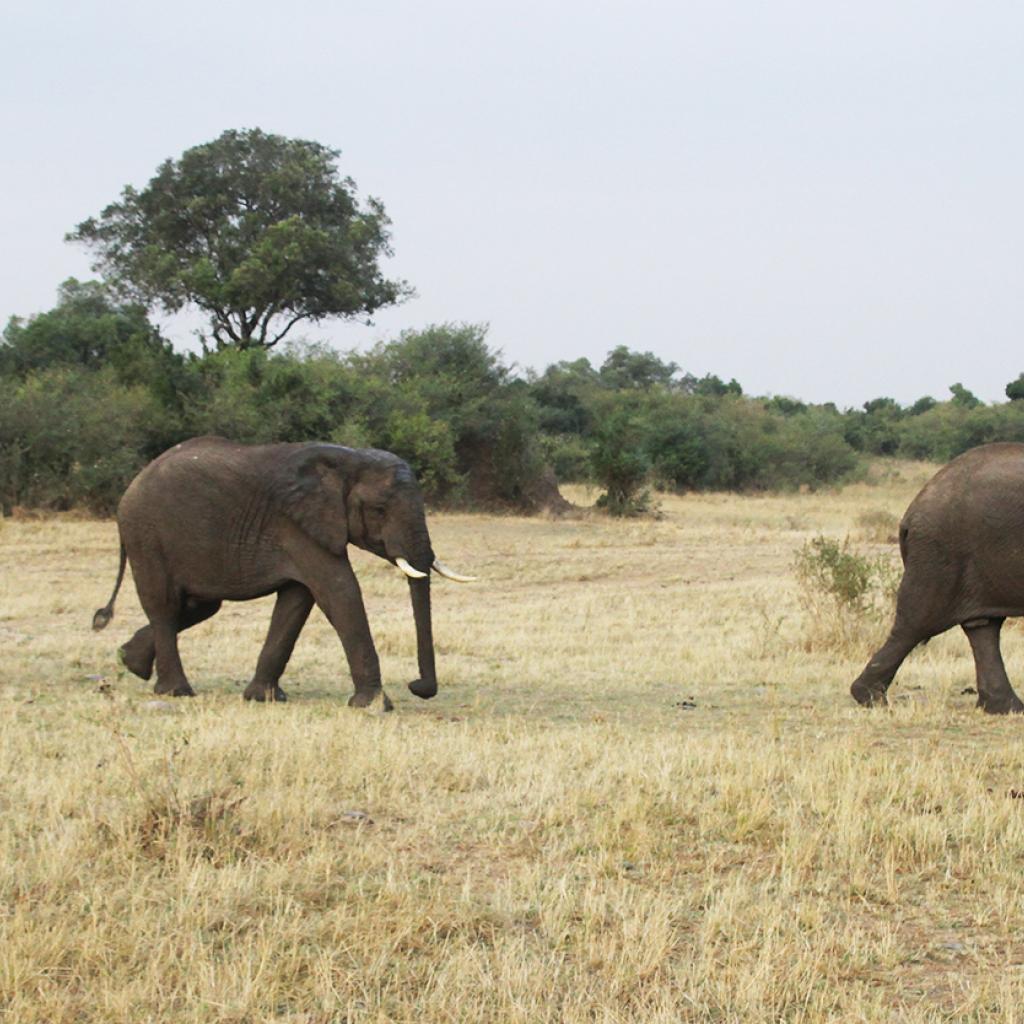Excessive and uncontrolled tourism development has a negative impact on the conservation of environment and wildlife, the construction of an excessive number of lodges and permanent tented camps and the non-adoption of green and environmentally-friendly policies within the Masai Mara National Reserve and in private reserves entail numerous problems, first and foremost the creation of artificial barriers that are difficult for the animals to get around; all this affects the herds of wildebeests and zebras of the Great Migration, especially if the buildings are located along or near the routes that these animals have run year after year for centuries.
Moreover, the presence of many safari jeeps contributes, on one hand, to deteriorate and erode the soil, especially in the areas where off-road driving is allowed, and to generate pollution and noise bothering the animals, on the other.
The presence of many visitors can disturb the animals in their daily movements, especially if they are approached without all due caution, and they are harassed by noise and at a short distance; the risk is that the animals are forced to move in areas that are quieter or if they cannot live the way they are accustomed they risk to disappears, as it is the case of cheetahs, who generally chase their preys during daylight hours.
The knowledge and sensitivity of all these issues by the safari guides is very important since they live in this environment and should have a sustainable approach by informing their guests and raise awareness of the importance of conservancy.
In this regard, the Koiyaki Wilderness Guiding School, aimed to train young Maasai women and men in tour guiding, focuses on the importance of nature preservation.
Another problem caused by excessive development of tourism is the pollution of Mara River and its tributaries; many lodges and tented camps that do not adopt environmental conservation policies, convey sewage into the river; environmental awareness has fortunately increased in recent times and many tourist facilities have implemented environmentally-friendly policies in order to minimize the impact.
The main challenges of the Great Masai Mara ecosystem to survive
- Demographic growth
- Excessive and uncontrolled tourism development
- Increase in off-road driving in the reserves
- Exploitation of the Mara River Basin
- Poaching


